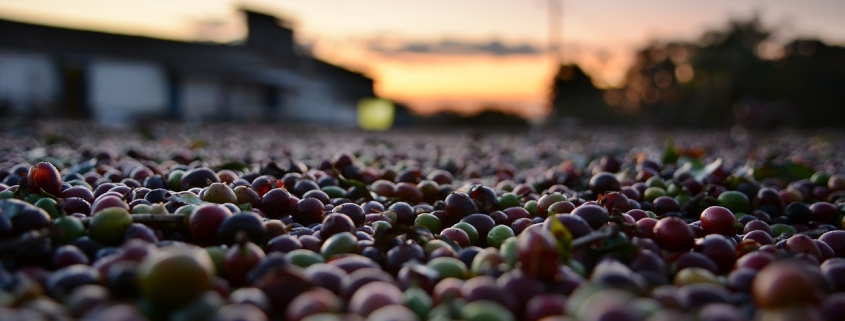How did the Dutch influence the Indonesian economy?
Topic of Study [For H2 History Students]:
Paper 2: Economic Development after Independence
Section B: Essay Writing
Theme II Chapter 1: Paths to Economic Development
Historical Context
In the 19th century, the Dutch established the cultivation system known as the cultuurstelsel. The origin of the system can be traced to the early 1800s, in which the Dutch colonial government had struggled to engage private cultivators to raise crop production for export. Under the leadership of the Dutch Governor-General, van den Bosch, he switched to a different method to cultivate export crops.
In particular, the Dutch identified individual villages and instructed the people in each village to grow specific crops, such as rice, coffee and sugar. In the 1830s, export production from Java increased significantly due to the efforts put in by the Chinese merchants and indigenous Javanese ruling class and the Dutch officials.
The emergence of economic nationalism: Limitations of the Ethical Policy
Yet, the Dutch cultivation system was not deemed by all local natives as beneficial. Within the indigenous Indonesian community, some viewed economic participation by the Chinese merchants as a threats to their interests.
Influential merchant groups in urban Java, such as the Sarekat Dagang Islam, resented competition from the Chinese. The better-off farmers in Java, who controlled irrigated rice land, resented the enforced renting of land to the sugar companies. Most of those involved in the growing nationalist movement, including growing numbers of indigenous business people, would probably have agreed with the judgement of a later economist that ‘the developmental effort under the ethical system was too little and too late to be effective in raising levels of living of the Indonesian people’.
An excerpt from “Economic Change in Modern Indonesia: Colonial and Post-colonial Comparisons” by Anne Booth.
The Sarekat Dagang Islam (Islamic Trade Union) was initially formed as a Javanese traders’ cooperative to support textile traders against Chinese competitors. In 1912, it was renamed as Sarekat Islam as the organisation evolved into a mass political party.
The Dutch Ethnical Policy (Ethische Politiek) was identified as the root cause of the unequal economic opportunities that generated resentment towards the Chinese immigrants and the colonial power. The policy was guided by its slogan: ‘irrigation, education and emigration’.
The Dutch colonial administration aimed to enhance the irrigation facilities to increase agricultural productivity. However, the intended growth target was not realised. As a result, the poor living standards had fueled the growth of Indonesian nationalism instead.
The Ethical Policy sought to protect the ‘poor’ and ‘unenlightened’ Javanese peasant against the oppression by feudal Javanese overlords and ruthless Chinese. Its formulated lofty goal was to raise the prosperity of the indigenous population through direct state intervention in economic life.
[…] The economic downturn of the early 1920s and 1930s started a period of consolidation and eventually deterioration of the Ethical Policy. The political will to initiate ethical programs waned as the administration embarked on a policy of expenditure cuts to balance the budget.
An excerpt from “Dutch Commerce and Chinese Merchants in Java: Colonial Relationships in Trade and Finance, 1800-1942” by Alexander Claver.
What can we learn from this article?
Consider the following question:
– Assess the significance of economic challenges in influencing government intervention in post-independence Southeast Asian economies.
Join our JC History Tuition to learn more about colonial-era policies and their impacts on the Paths to Economic Development. The H2 and H1 History Tuition feature online discussion and writing practices to enhance your knowledge application skills. Get useful study notes and clarify your doubts on the subject with the tutor. You can also follow our Telegram Channel to get useful updates.
We have other JC tuition classes, such as JC Math Tuition and JC Chemistry Tuition. For Secondary Tuition, we provide Secondary English Tuition, Secondary Math tuition, Secondary Chemistry Tuition, Social Studies Tuition, Geography, History Tuition and Secondary Economics Tuition. For Primary Tuition, we have Primary English, Math and Science Tuition. Call 9658 5789 to find out more.











